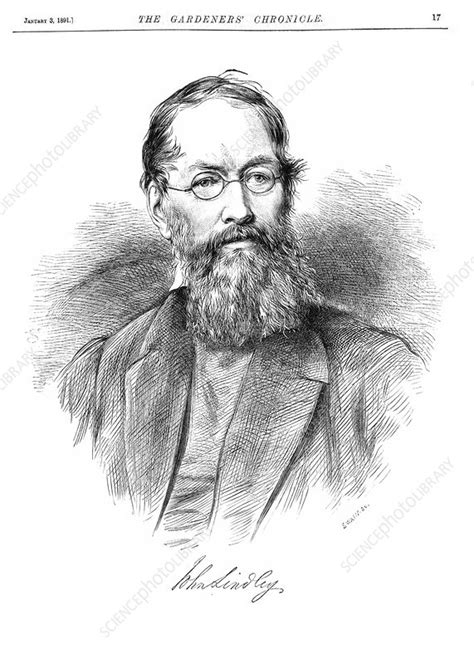A Quote by George Stigler
Stigler's Law: No scientific discovery is named after its original discoverer.
Quote Topics
Related Quotes
I recall an incident involving the late George Stigler at a conference in Spain in the 1980s. Hearing that I had written a book on reason and natural law, Stigler started to ridicule reason, going so far as to say that there is as much reason in a monkey's antics as in any human act. At that point I asked him whether he was trying to tell me something about how he wrote his books; he gave me a blank stare and stormed out of the room.
So the history of discovery, particularly cosmic discovery, but discovery in general, scientific discovery, is one where at any given moment, there's a frontier. And there tends to be an urge for people, especially religious people, to assert that across that boundary, into the unknown, lies the handiwork of God. This shows up a lot.
The discoveries of science, the works of art are explorations - more, are explosions, of a hidden likeness. The discoverer or artist presents in them two aspects of nature and fuses them into one. This is the act of creation, in which an original thought is born, and it is the same act in original science and original art.
The routine of custom tends to deaden even scientific inquiry; it stands in the way of discovery and of the active scientific worker. For discovery and inquiry are synonymous as an occupation. Science is a pursuit, not a coming into possession of the immutable; new theories as points of view are more prized than discoveries that quantitatively increase the store on hand.
It is a remarkable fact that the second law of thermodynamics has played in the history of science a fundamental role far beyond its original scope. Suffice it to mention Boltzmann's work on kinetic theory, Planck's discovery of quantum theory or Einstein's theory of spontaneous emission, which were all based on the second law of thermodynamics.




































